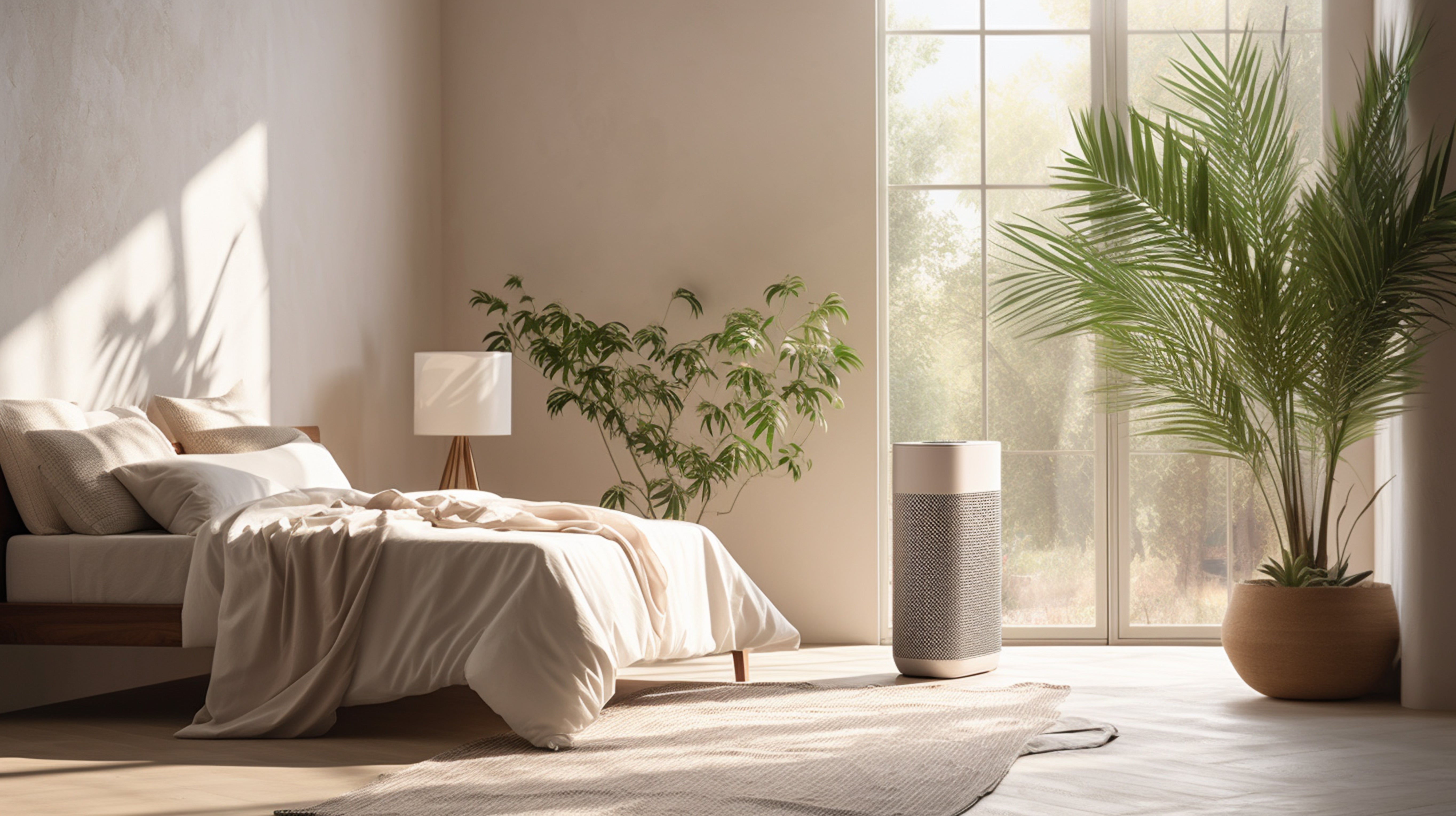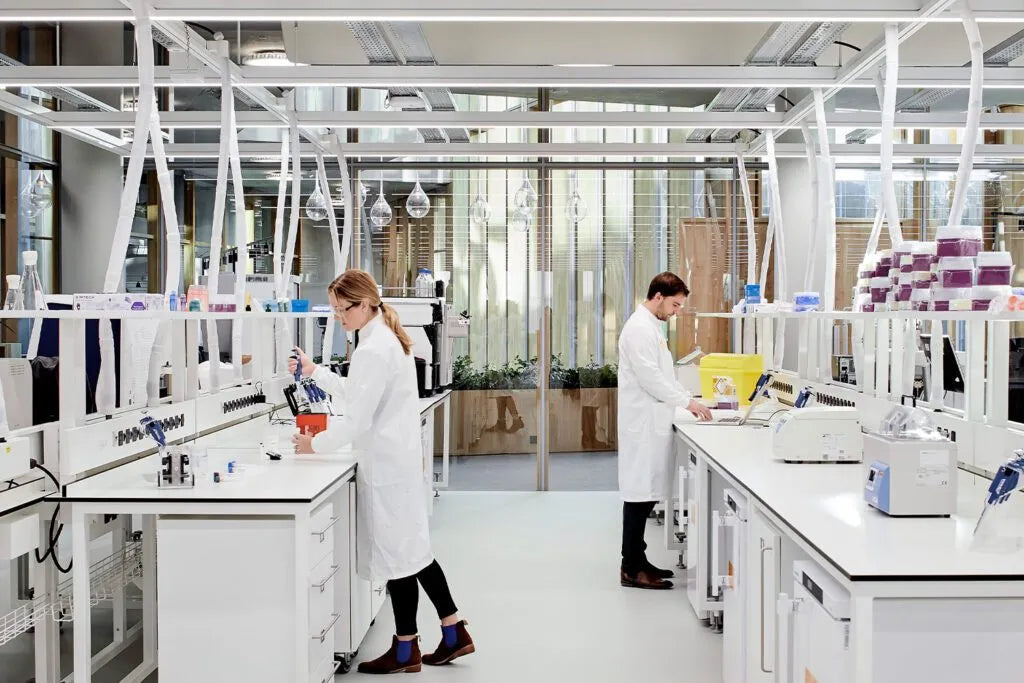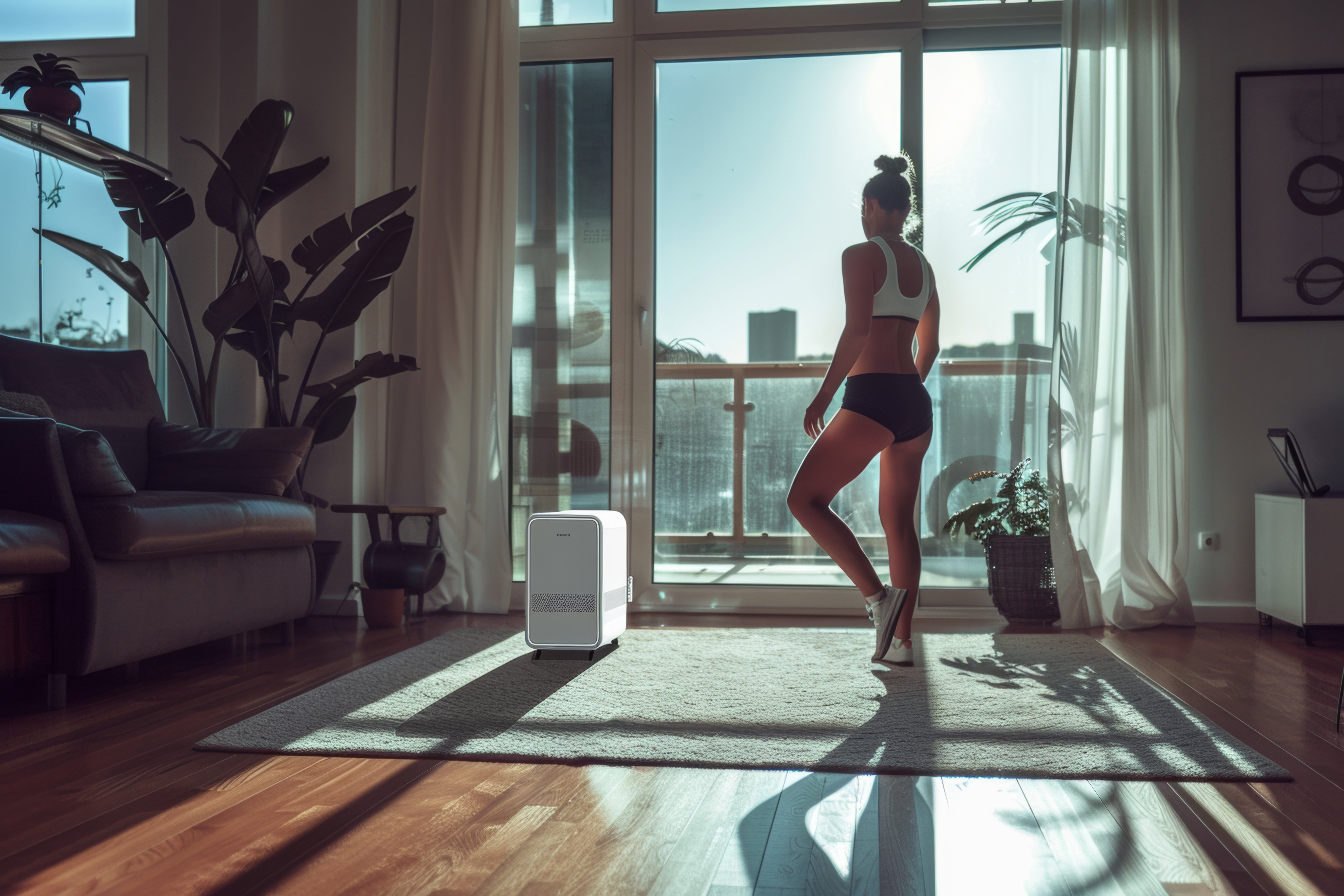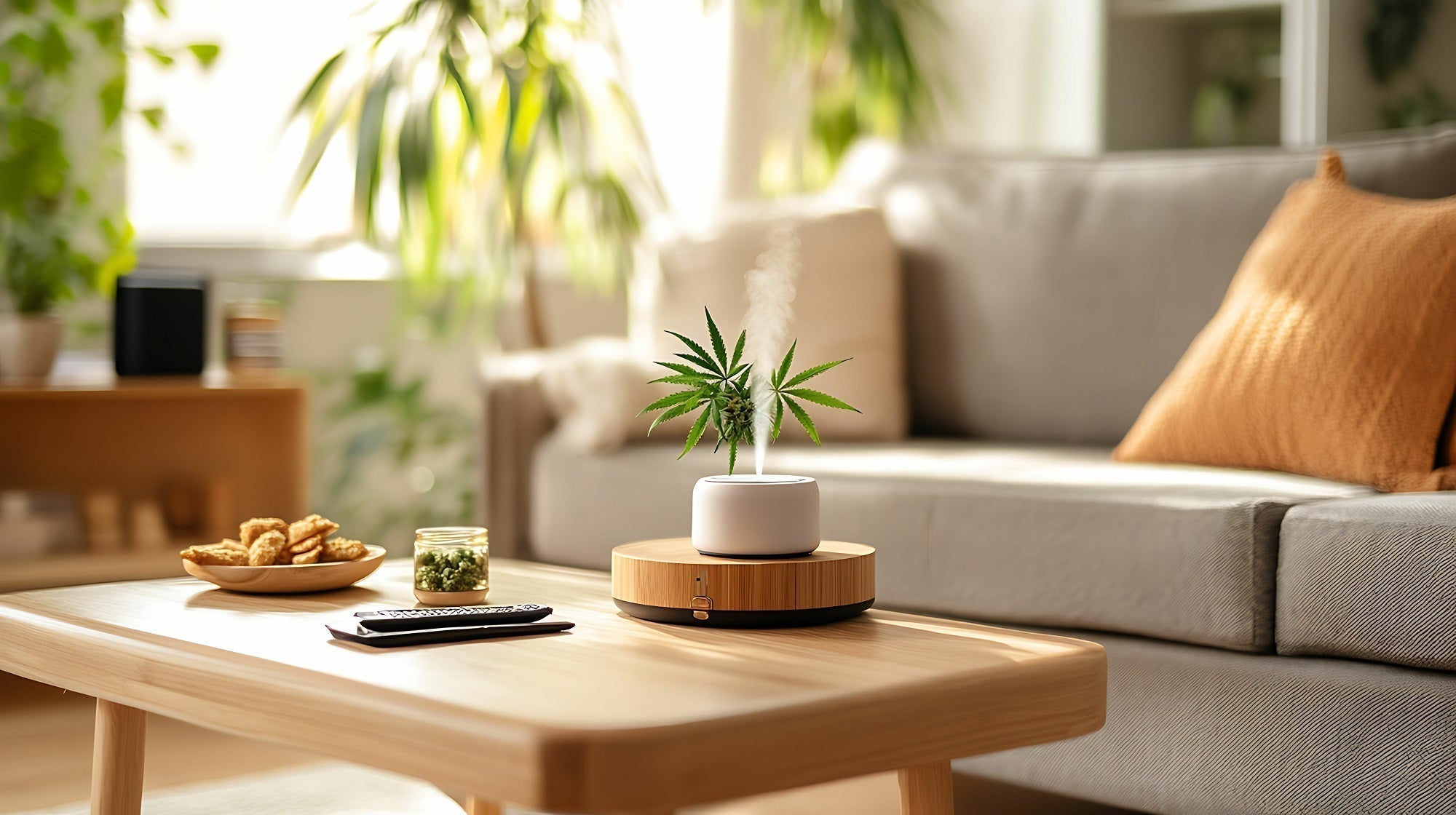Beyond the Pleasant Smell: The Hidden Dangers of Air Fresheners in Your Home

Air fresheners are a staple in most homes. After all, we all like our homes to smell fresh and inviting. An air freshener instantly masks unpleasant odours and fills your space with pleasant scents. But have you ever wondered what’s actually behind it? Beneath that calming aroma of lavender or the zest of fresh citrus are synthetic chemicals and volatile organic compounds (VOCs) that may do more harm than good.
While air fresheners provide an instant olfactory fix, their long-term effects on our indoor air quality and health are unsettling. From respiratory irritation to indoor air pollution, the risks are too dangerous to ignore. So, let’s explore what these dangers are and understand why switching to an air purifier is a safer way to keep your indoor air clean and fresh.
What’s Lurking Behind the Fragrance?
Some of the key culprits in air fresheners include:
1. Phthalates
Commonly found in air fresheners, phthalates are chemicals used to make fragrances last longer. However, they are also linked to hormonal imbalances and reproductive issues.
2. Formaldehyde
Formaldehyde is a known carcinogen that is sometimes emitted by air fresheners.
3. Synthetic Fragrances
Artificial fragrances can cause headaches, dizziness, and respiratory irritation, especially for people with asthma or allergies.
Even “natural” or “organic” air fresheners can emit potentially harmful compounds when heated or sprayed.
What are the Health Risks of Air Fresheners?
Using an air freshener regularly can lead to a range of health concerns, including:
1. Respiratory issues
As we know, air fresheners contain VOCs. Prolonged exposure to VOCs can irritate your airways, exacerbating conditions like asthma or chronic bronchitis.
2. Skin and eye irritation
In case you come into direct contact with the chemicals in air fresheners, it can cause rashes, redness, or irritation on your skin or in your eyes.
3. Indoor air pollution
Ironically, while air fresheners claim to “freshen” the air, they actually contribute to indoor air pollution by introducing harmful particles and gases.
4. Neurological effects
The synthetic fragrances in air fresheners have been linked to headaches, dizziness, and even long-term cognitive impacts.
Why Are Home Air Purifiers a Safer Alternative?
If air fresheners are a ticking time bomb for your indoor air quality, what’s the solution? Air purifiers. Unlike an air freshener, which simply masks odours, an air purifier effectively cleans the air by removing harmful allergens and contaminants.
1. Removes harmful pollutants
Medical-grade air purifiers such as MedicAir come with HEPA 13/14 filters that can capture up to 99.97% of particles as small as 0.3 microns, including dust, pet dander, and pollen. This ensures cleaner air for you and your loved ones.
2. Neutralises odours naturally
Instead of masking odours with chemicals, air purifiers use advanced filtration to trap odour-causing molecules. Our MedicAir air purifiers, for instance, come equipped with activated carbon filters that absorb odours, gases and VOCs, effectively reducing unpleasant smells and chemical pollutants. The result? Fresh smelling home.
3. Improves respiratory health
By removing airborne allergens and pollutants, air purifiers create a healthier breathing environment and reduce the risk of allergic reactions and respiratory issues. Our MedicAir air purifiers even use safe UV technology that destroys bacteria, viruses, and other pathogens to lower the risk of airborne illnesses and infections.
4. Safe for everyone
Home air purifiers don’t rely on synthetic chemicals, making them a safer choice for children, pets, and individuals with allergies or asthma. In fact, MedicAir air purifiers are used by over 25 NHS Trusts and hospitals worldwide to ensure the wellbeing of their patients, staff and visitors.
5. Combats indoor air pollution
Unlike air fresheners, which contribute to pollution, air purifiers actively reduce it. By using combination technology of HEPA 13/14 activated-carbon filter and safe UV technology to remove harmful particles, allergens, and pollutants from the air, MedicAir air purifiers help you maintain a cleaner, safer indoor environment.
The Bottom Line
While air fresheners may offer an instant burst of fragrance, their side effects on your health and indoor air quality are not worth the risk. Switching from an air freshener to an air purifier doesn’t mean you have to give up on a pleasant-smelling home. In fact, using home air purifiers from MedicAir ensures that your air not only smells fresh but is actually clean and safe. With MedicAir air purifiers, you can enjoy a fresher home without compromising your family’s health.
Recent Blogs
Independent Global Testing Confirms MedicAir’s Filtration Excellence
Two of MedicAir’s flagship systems – the MedicAir Pro and MedicAir Pro Max – have been independently verified for their outstanding performance in real-world environments, following rigorous testing conducted in Kuwait by international air filtration expert Dr Iyad Al-Attar.
Heatwaves and Indoor Air Quality: How MedicAir Safeguards Health and Productivity
The recent heatwave has brought swelteringly high temperatures across the UK, significantly impacting indoor air quality (IAQ) and indoor environmental quality (IEQ).
Why Indoor Air Quality Matters for Cannabis Grow Rooms
With MedicAir, you get more than just air purification–you get peace of mind, knowing your plants are thriving in a controlled, contaminant-free environment.


